Word study and spelling instruction in the upper elementary grades has definitely changed since I was in school. This post will share a basic overview of how I teach Word Study and Spelling in my 5th grade classroom.

Word Study: Where Do I Get the Rules, Patterns, Words, ETC.?
First, I always begin with a spelling rule, phonics pattern, or morpheme (prefix, suffix, root).
Want a free list of phonics patterns to use with 4th and 5th graders? You can grab a free list of phonics patterns as part of my 3-part video series training on word study. Click here to read the details and get signed up!
Here are some example rules and patterns that I use in 5th grade for my word study words with a phonics focus:
- In some words, the letter “y” acts as a vowel and can spell three different vowel sounds: long /e/, long /i/, or short /i/.
- There are other, less common ways to spell the long /a/ sound such as “ei,” “ey,” “eigh,” “ea,” and “aigh.”
- Some words use the vowel teams “ee” or “ea” to spell the long /e/ sound.
- Some words use vowel teams like “ie” or “igh” to spell the long /i/ sound.
- Some words use the combinations “oa” or “ow” to spell the long /o/ sound.
- Some words use “ue” or “ui” to spell the long /u/ sound.
- Some words use “au,” while others use “aw” to spell the /aw/ sound.
- Some words use “oi” to spell the /oy/ sound, while others end in “oy” for the same sound.
- Some words use “ou” for sounds like in “cloud,” while others use “ow” for sounds like in “cow.”
- Some words with “ea” have a short /e/ sound, while others have a long /e/ sound.
- Some words use the r-controlled vowel “ar” to spell the /ar/ sound or “or” to spell the /or/ sound.
- Some words use the r-controlled vowels “er,” “ir,” or “ur” to spell the /er/ sound.
- Sometimes the letters “or” and “ar” can spell the /er/ sound.
Here is an example of a pattern that we completed recently.
The pattern was Some words have suffixes that sound the same and the focus was on final stable syllables in -tion, -sion, and -cian.
NOTE: The correct term for these word parts is final stable syllables. As teachers, we are always growing and learning right along with our students.
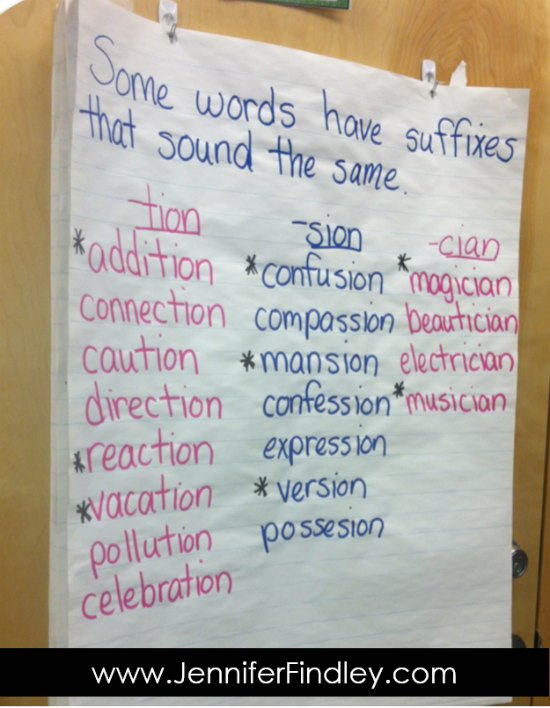
Sometimes, we take a break from our skill-focused words, and I have my students choose words based on their own misspellings and personal word lists. You can read more about how I organize and manage having students maintain personal spelling lists on this post.
Choosing Words
You will notice a star beside some of the words. That is for my ESS/ELL students. They know to choose those words first and then add a few more words from their list or to choose only those words (depending on the student).
The rest of the students choose 10 words from the list based on their own spelling abilities. Note: We do spend some time at the beginning of the year discussing spelling words that are just right for each speller, and this is difficult for some students.
After the students choose their words (by recording them in their word work folder), they get them checked by a partner for accuracy and then they bring them to me to check for accuracy. At this time, I have a small group of students at my back table who need help choosing words.
Word Study Activities
Now that the students have their chosen spelling words, we are ready to practice. I always have a list of activities that span two weeks that the students complete with the same list of words. In the past, I have had students complete these activities in a word study center. However, the past couple of years, I moved to having them practice whole group during a 15-minute time-frame.
The activities that the students complete with the words varies and I change it about every other month.
Here is one example of daily word work activities for the students to complete with their chosen words:
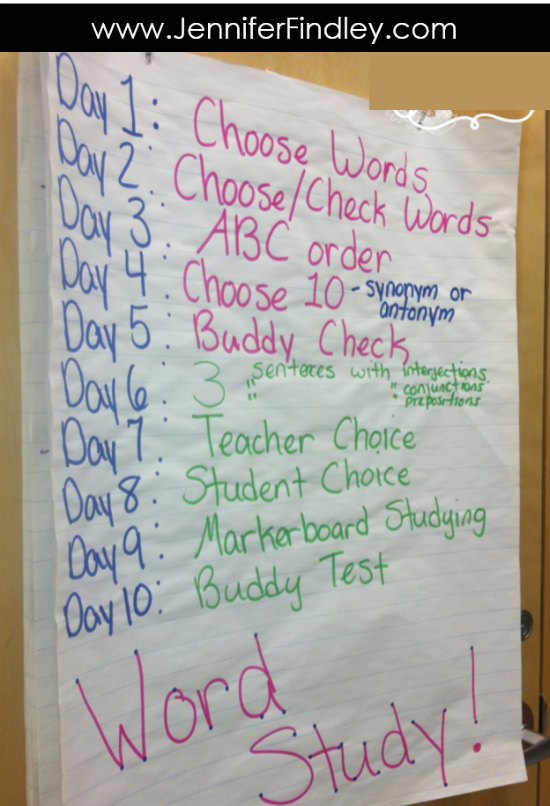
A few things to point out in those example choices:
1. I always try to integrate some grammar standards in some of the choices (Day 4 and Day 6).
2. I always have a Teacher Choice Day so I can choose an activity that is better suited for the words we are studying. For example, if we are doing prefixes the students could circle the prefix and underline the base word. For the pattern shared on this post, I would have the students work with partners to sort the words into groups based on the spelling of the final stable syllable.
3. I also add a student choice to allow students to complete a fun activity with their words (building words, Word Work JENGA, etc). The student choice also serves as a great built-in make-up day. If a student gets too far behind on their daily assignments, they lose this day.
4. Another word study activity that is not shown on this list but is one of my favorite activities is Making Connections among words. You can read more about that word study activity here.
And that’s it! No fuss, and I love using the same words for 10 days instead of a week. It takes longer on the Monday that we first introduce a new set of spelling words and getting them checked for accuracy, but after that, it only takes about 10-15 minutes of class time.
Word Study Frequently Asked Questions
Do I have to let the students choose their words?
Absolutely not. In fact, it is tricky and takes a lot of teaching to get them to choose the best words. Assigning students words is much more manageable and you can easily differentiate the lists.
What are some other ideas for word study activities?
There are so many word study activities you can do based on what you want your students to work on. Click here to read a detailed post with lots of word work/word study activities with a variety of focuses (and free word work choice boards!)
I thought word study was just about spelling and phonics. What do you mean by morphemes?
Morphemes are the smallest unit of meaning within a word. Those can be prefixes, suffixes, bases, or roots. Teaching morphemes (or morphology) during word study is a great way to incorporate spelling, meaning, and even grammar (especially with suffixes). Click here to read a detailed post about the power of teaching morphology.
What about vocabulary? Can that be easily incorporated into word study?
Absolutely! I also ensure I choose words that are new words to my students and we discuss the meaning of those words. You can also incorporate vocabulary into your word study activities with vocabulary graphic organizers (click here to grab a free set).
Unlock MORE Word Study Resources
Need help getting started with word study in your 4th or 5th grade classroom? Or just want some fresh tips and ideas to make your current word study more engaging and effective? Either way, this video series is for you! Sign up now for instant access to three videos you can binge watch and lots of free resources!
Click here or on the image shown to get instant access to the videos and freebies.

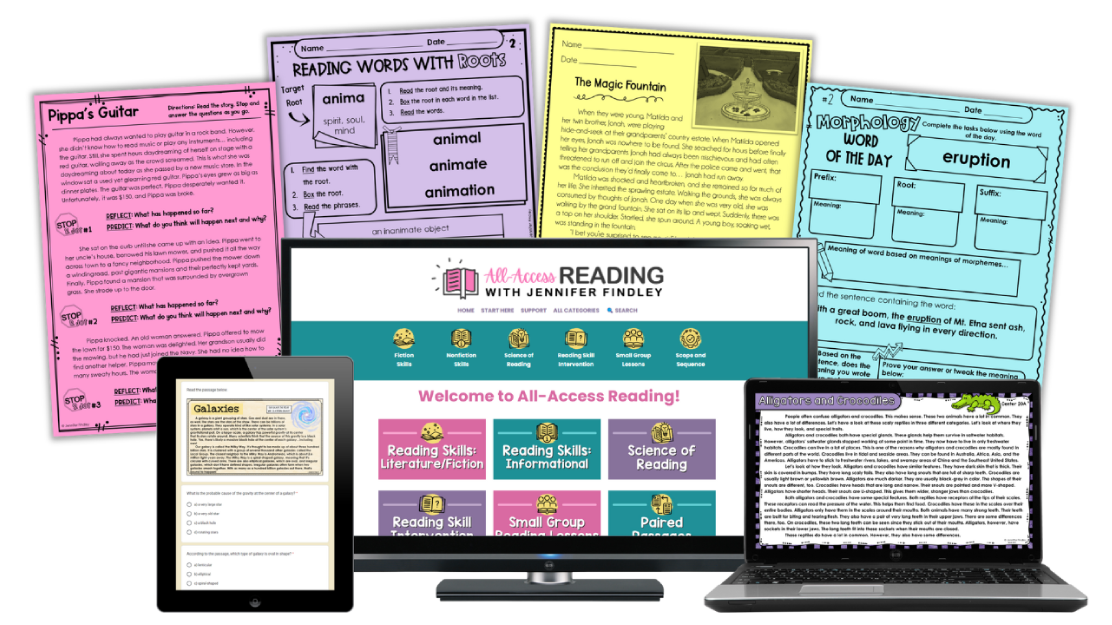
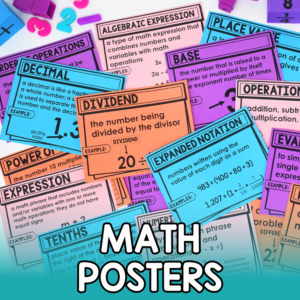
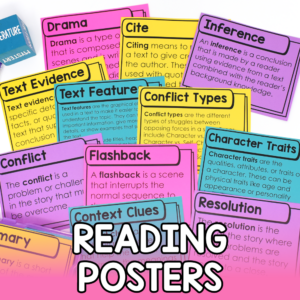
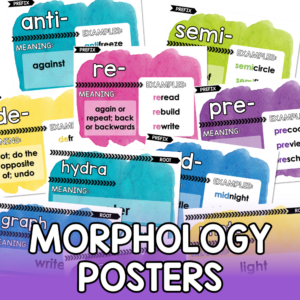
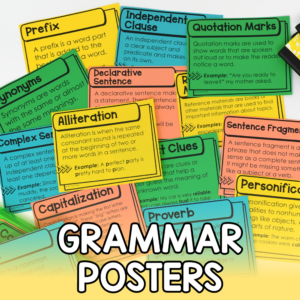
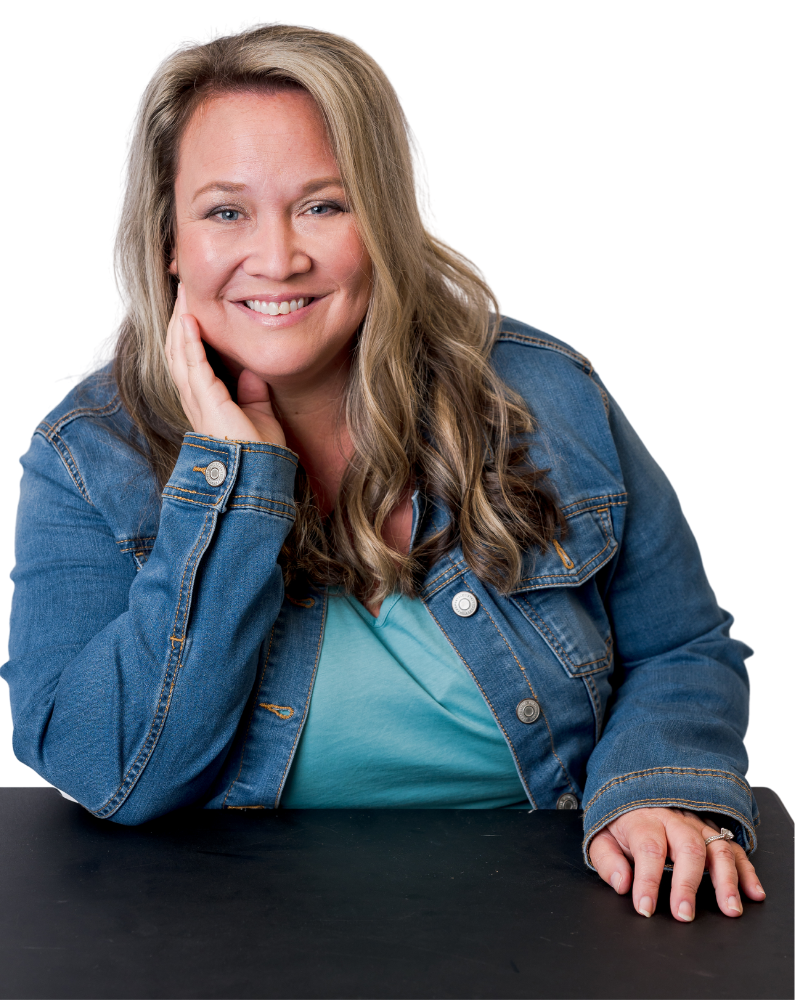

Thanks for sharing. I love the idea of having the kids pick the words and having 10 days with the same skill.
Definitely something for me to think about.
Michele
Coffee Cups and Lesson Plans
Love this! I pinned it to save for next year. Thank you for sharing.
Very nice idea! I found your site because we are fellow students at TBTS! 😉 Looking forward to keeping up with you. You can visit me at http://www.thereadbox.blogspot.com
I am also a TBTS student! Is this a modified Words their Way? How are you choosing which concept to focus on? I do Words Their Way, and this seems like it, but is whole group instead of individualized. I like the 10 day focus as well! Thanks for sharing!
A New Day of Learning
Facebook Fan Page
Teachers Pay Teachers
I love this idea for spelling words. I was wondering though, if they are all choosing their own words, how do you test them on the words at the end of the two weeks?
I would like to know this as well! Thanks Jennifer!
I absolutely love this idea for Word Work!! I am looking forward to implementing this idea in my classroom!
Could you please provide some more information/detail on what each task means:
Day 2 – choose/check words
Day 5 – buddy check
Day 9 – markerboard studying – is that practicing their words on a whiteboard?
Many thanks!
We ( ELL/SPED students) have loved your Word Jenga for word study- Thanks very much
I also use the 10 day system, but I usually gave the words to them, I like picking out the words themselves. I did do a day of dictionary work because sometimes the students didn’t know what the words meant. I do like that you don’t make them write each word in a sentence. I was doing that on 3 different days, but found it difficult for some students to keep up. I did have them write a simple sentence and a complex sentence with the same word so they can see the difference.